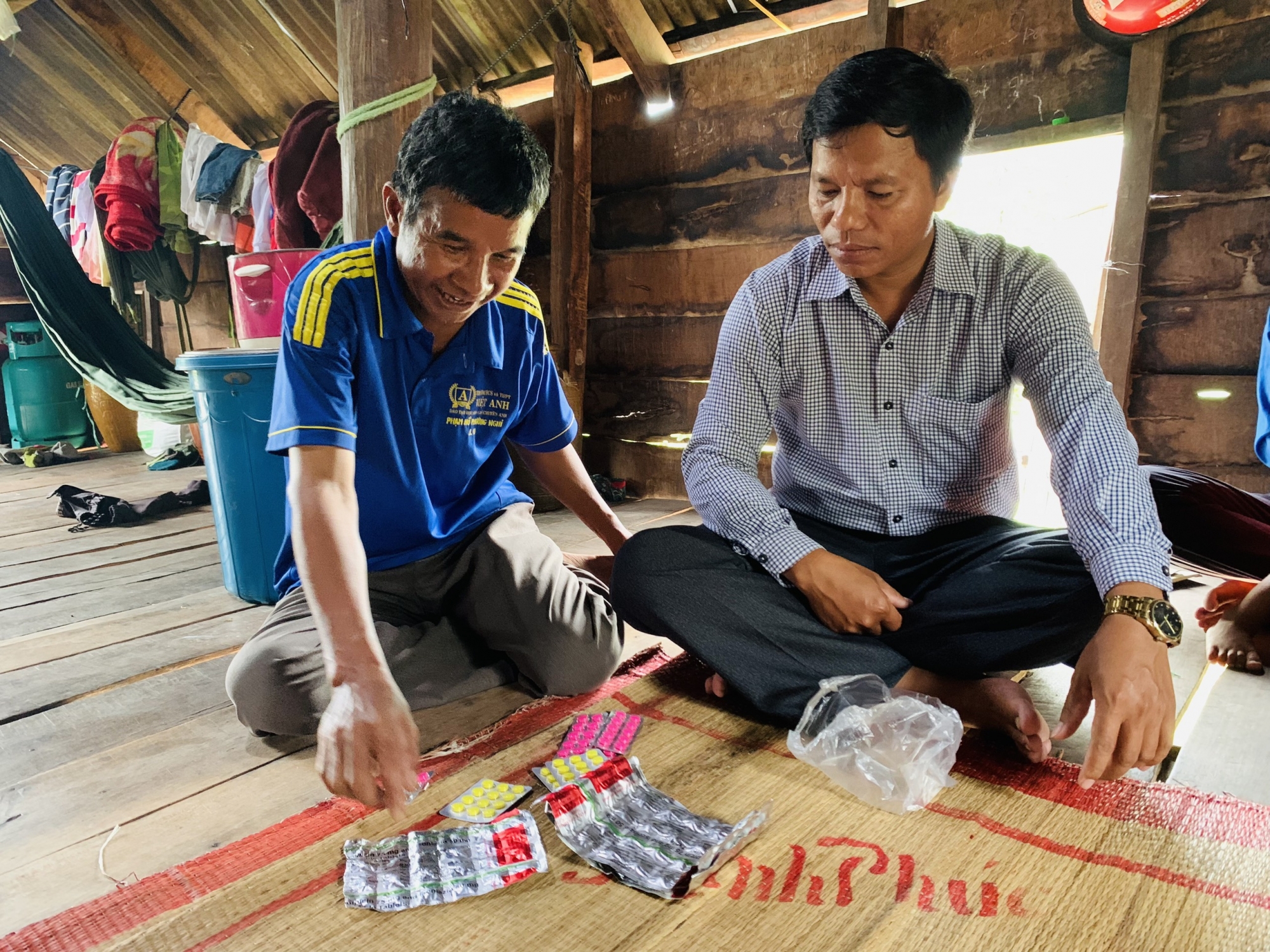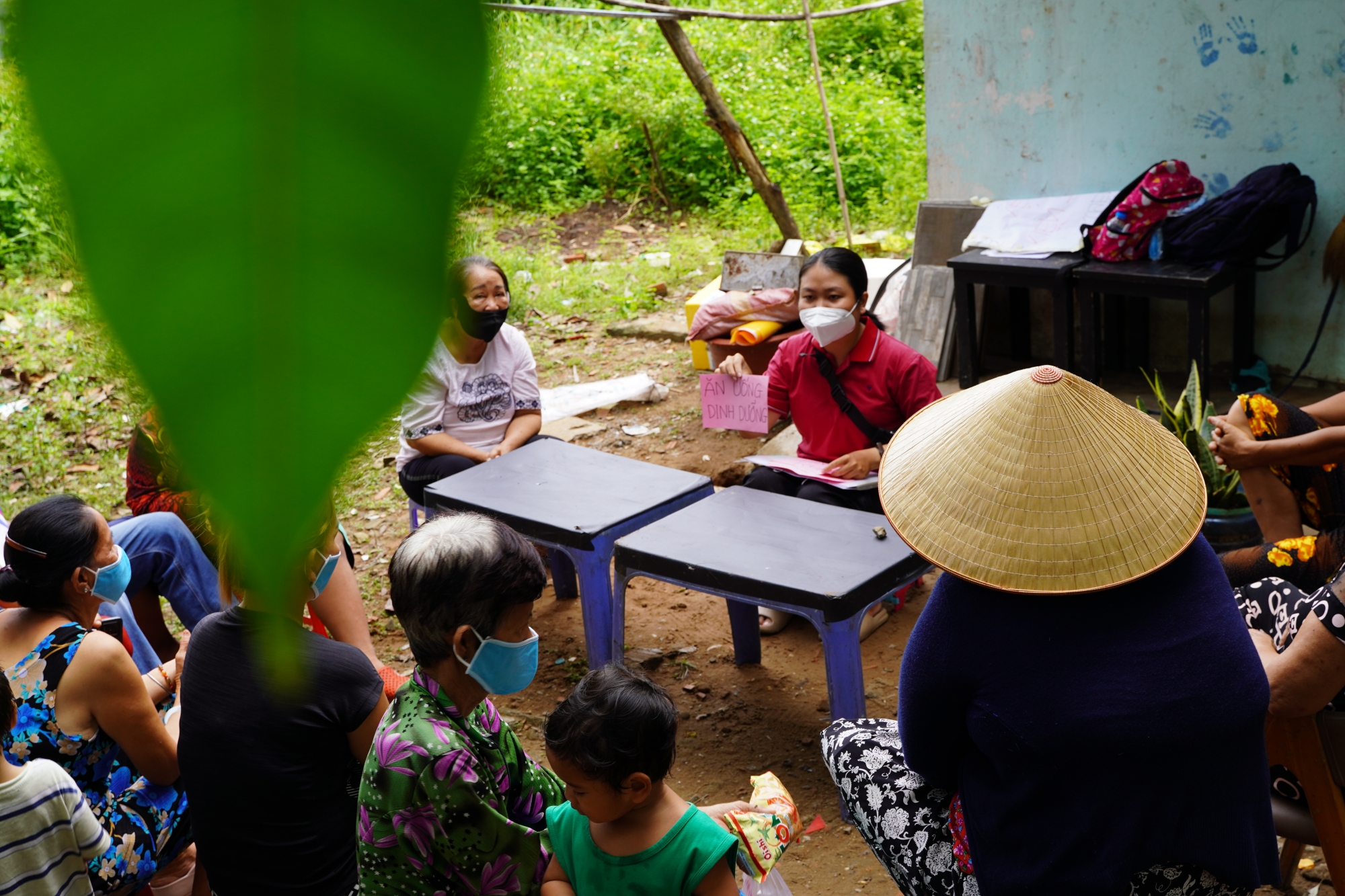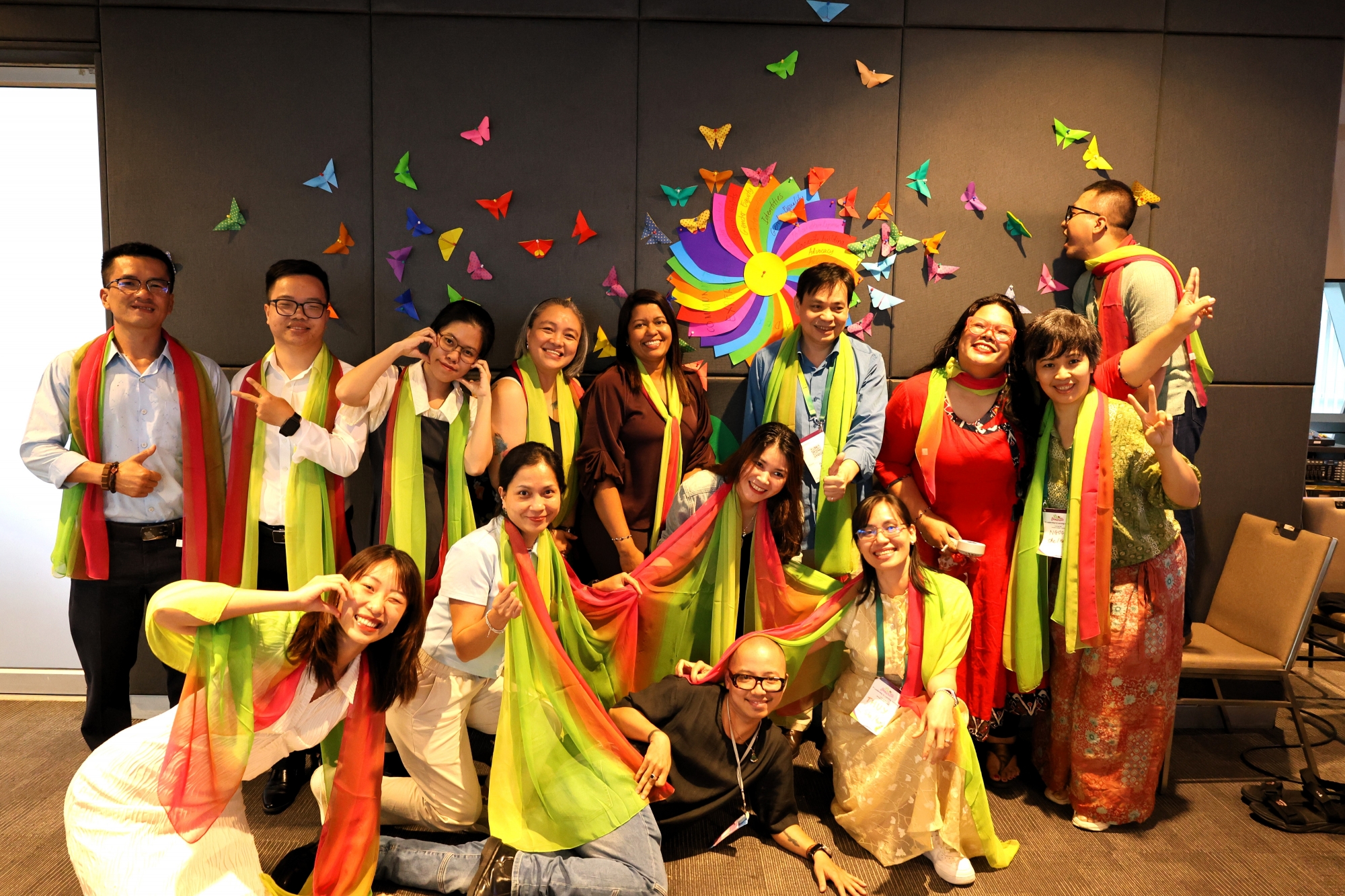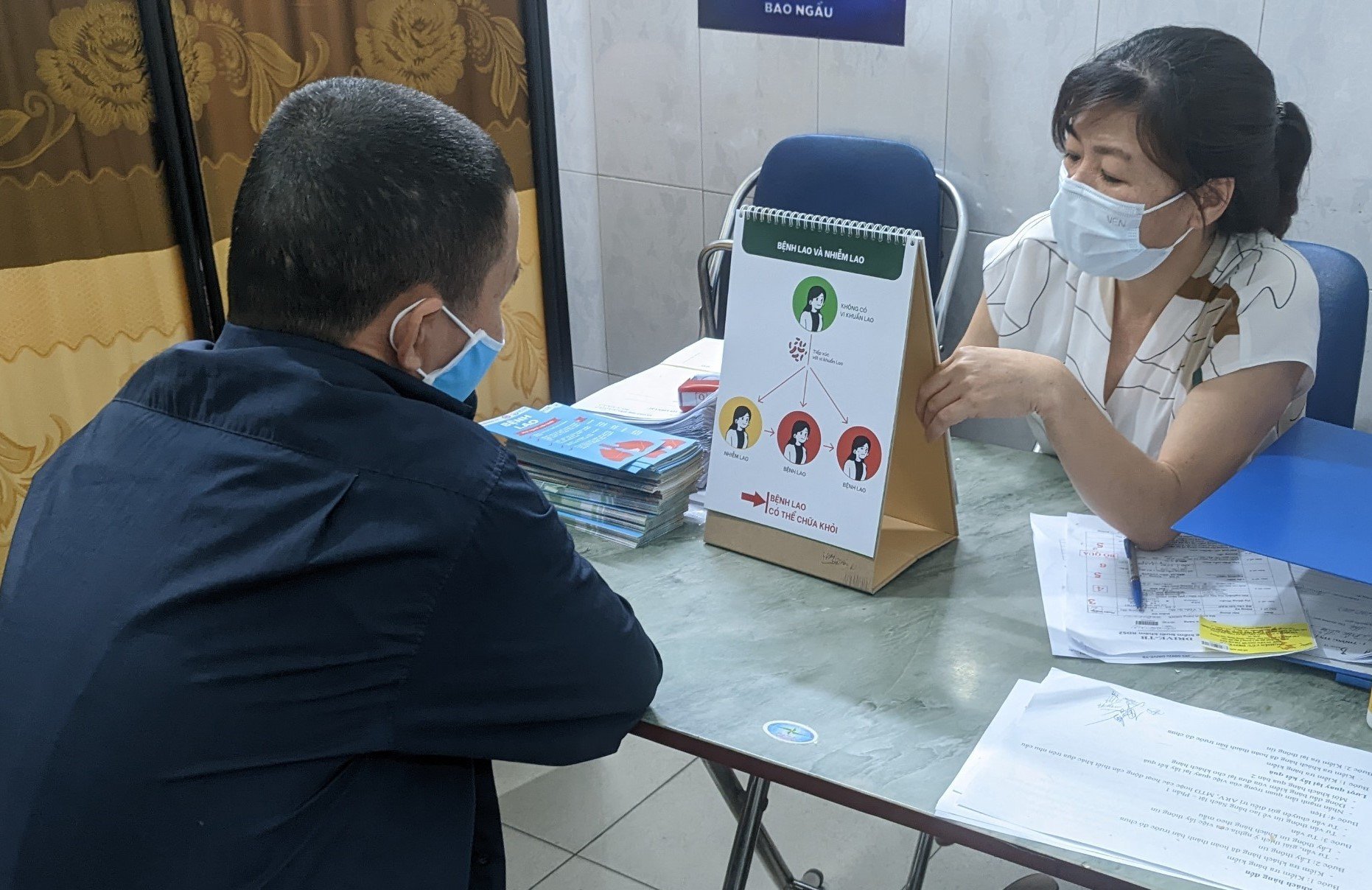In Vietnam, a range of policies and support programs have been put in place to ease the burden on people with TB, especially those in tough situations. However, there are still challenges that need more comprehensive efforts to achieve the goal of ending TB by 2035.
Current supports for TB patients in Vietnam
Since July 2022, the provision of first-line anti-TB drugs has been covered by the Health Insurance Fund (HI), bringing great benefits to patients. In addition, Vietnam also has many other support programs to help patients feel secure during treatment.
Over the years, Vietnam's efforts to combat tuberculosis have received high praise from the World Health Organization (WHO), for fulfilling important resolutions like the TW6 of the 12th Central Committee, the National Strategy for Tuberculosis Prevention and Control to 2020, with Vision toward 2030, and the Population Health Target Program have been implemented. The health system from central to local levels has unified treatment regimens and mobilized support from international and domestic partners.
Some current policies and support for tuberculosis patients include:
- Issuing Circular No. 04/2016/TT-BYT, which regulates medical examination, treatment, and payment of medical costs under Health Insurance related to tuberculosis.
- Establishing the "Fund to Support Patients to Overcome Tuberculosis" (PASTB): PASTB is a social, charitable, non-profit fund that supports care, prevention, and treatment for TB patients and those affected by TB nationwide. The Fund helps purchase health insurance cards for TB patients without them, covers co-payments, and supports TB patients in difficulty. It also offers social assistance like monthly cash support during treatment, nutritional support, travel, psychosocial support (especially for drug-resistant TB patients), job search support, and income assurance.
- Successfully mobilized domestic and foreign funding to support examination, detection, diagnosis, treatment, and psychosocial support for TB/drug-resistant TB/extremely drug-resistant TB patients.
- Additionally, programs like the Gene Xpert Test, Sputum Screening, and Free X-ray in the community, organized by the National Tuberculosis Control Program, in collaboration with medical centers, other relevant organizations/units in the locality; activities to support patients with TB/drug-resistant TB/extremely drug-resistant TB under the Global Fund Project... help patients detect early and partly reduce the burden of TB treatment.
These policies and supports not only reduce treatment costs for patients but also promote TB control in the community, contributing significantly to achieving Universal Health Coverage in Vietnam.
The remaining challenges
Despite many achievements, TB prevention collaboration in Vietnam still faces difficulties. Currently, 12 out of 63 provinces and cities do not have TB and lung disease hospitals, leading to a lack of specialized personnel for TB prevention interventions. The district-level health care model is not consistent across 63 localities, causing difficulties in providing TB examination services through health insurance.
International aid funding for TB prevention and control activities is decreasing, while local budgets for this activity are limited. People's awareness of TB has improved but is still inadequate. There is still stigma against TB patients in the community, creating barriers to finding and accessing TB prevention and treatment services.
Furthermore, although there are significant supports for TB patients, there are still not many support mechanisms for patients without health insurance cards.
Ms. Nguyen Thi Kim Dung, Program Manager at The Centre for Supporting Community Development Initiatives (SCDI), commented: "In addition to medical expenses, TB patients face economic pressure and the risk of falling into poverty due to having to take time off work or lose their jobs during treatment, plus other related indirect costs such as nutritional supplements and travel for regular medical check-ups... If support is not increased, the cost burden will directly affect patients' ability to access and comply with treatment."
Aiming towards the goal of ending tuberculosis by 2035
Vietnam is one of 30 countries with the highest burden of multidrug-resistant tuberculosis in the world. Notably, 70% of people with TB are of working age, most of whom are poor, which presents countless difficulties and challenges in eliminating this disease from the community.
To achieve effectiveness, it is necessary to strengthen communication and raise public awareness about early detection, non-stigmatization, and treatment adherence. Ensuring that 100% of TB patients are supported by health insurance, focusing on those at high risk of TB but facing barriers in accessing health care services, is crucial to increase the rate of successful detection and treatment.
By integrating social security policies and increasing support resources, Vietnam can move closer to the goal of eliminating TB from the community and ending the disease by 2035.
VOV.VN - Ha Nguyen



.jpg)

.jpg)


.jpg)
%20-%20Ngh%E1%BB%87%20An.jpg)
.jpg)
